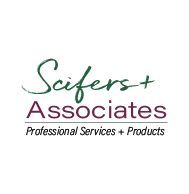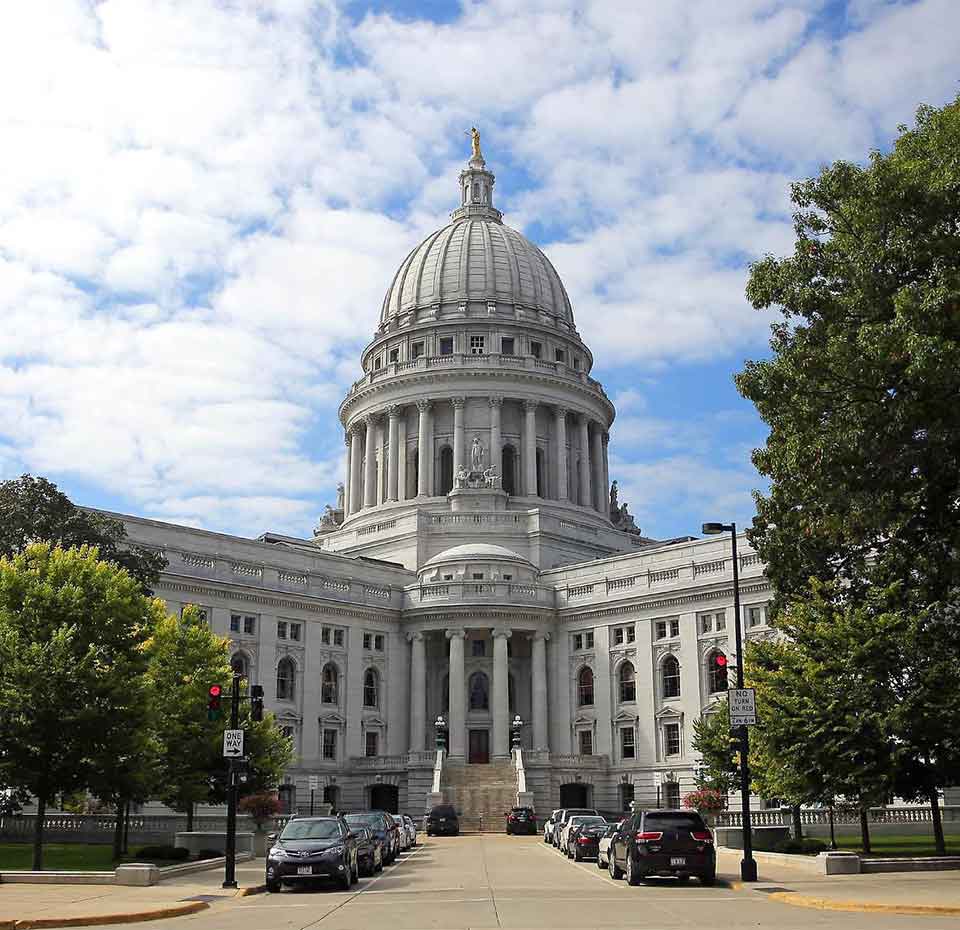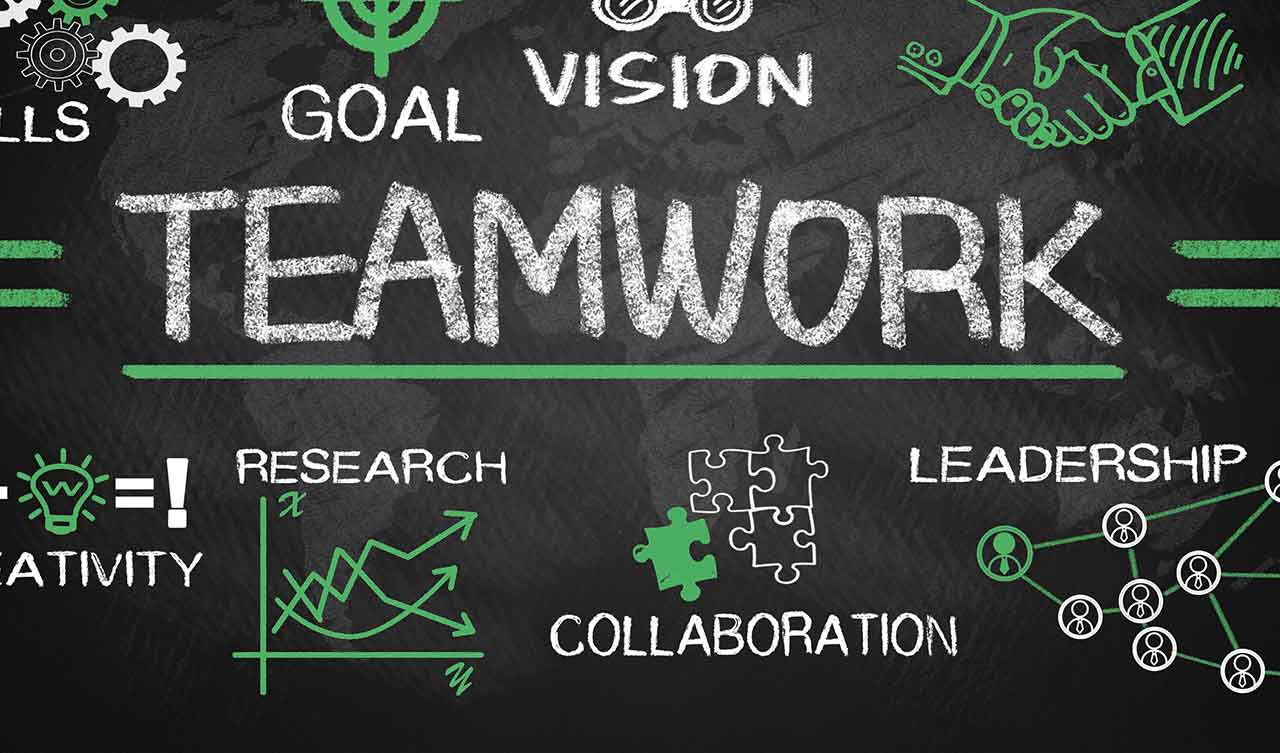In this article, John Scifers shares recommendations provided to the State’s Chief Procurement Officers and other agencies on growing the Illinois Veteran Business Program
Growing the Illinois Veteran Business Program
I serve as the Illinois chapter President, and National Secretary for the Elite Service Disabled Veteran Owned Business Network (http://elitesdvob.org/)—a national organization of Service Disabled Veteran Owned Businesses. The State of Illinois has set a 3% goal for procuring services from businesses certified under the State’s Veteran Business Program, and I have joined other members of Elite and our local leadership in making recommendations to the State’s Chief Procurement Officers on steps that should be taken for increasing the participation of Veteran Owned Businesses. As of today, just a bit over 100 VOBs (out of more than 2,000 VOBs headquartered in Illinois) are currently certified through the Veteran Business Program certification process. Without a larger competitive pool, most State agencies claim challenges in establishing the set-asides necessary to meet its goals. I would like to share here recommendations that have been provided to the State’s Chief Procurement Officers and other agencies.
Following are key recommendations regarding the Veteran Business Program that have come out of discussions with thought leaders, diverse business Subject Matter Experts, and successful SDVOB/VOB business owners:
Recommendations for growing the Veteran Business Program
- The need for uniform procurement rules: The Veteran Business Program, and the State’s ability to meet veteran set-aside goals established through 30 ILCS 500/45-57, would benefit from uniform procurement rules. JCAR rules now provide a mechanism for contracting officers to set subcontracting goals for veteran-owned businesses certified by the Veteran Business Program, but there are no uniform procedures in place (each agency now implements this in its own way). Uniform procedures should be in place, and these procedures should be transparent to enable veteran-owned businesses to understand the opportunities available by getting certified under the Veteran Business Program.
- Routine subcontracting requirements: The inclusion of 3% subcontracting requirement on only selected solicitations means that the State will never reach its goal of 3% spend with veteran-owned businesses until agencies either make the 3% requirement a part of EVERY solicitation for which a veteran-owned business is available to provide services, or if the goal attached to selected solicitations is set higher than 3% as a routine matter in State solicitations.
- Increase the VBP certification period to two years: Veteran Business Program certification should be valid for two years before renewal is required. This would provide parity with the US Dept of Veterans Affairs CVE program (on which State VBP certification can be based through the Recognition Affidavit process) and would reduce the number of companies dropping out of the program because they haven’t seen any contracts coming out(many companies are now letting their certifications expire because so few contracts include Veteran goals).
- Automatic classification as BEP: Participants in the Veteran Business Program should automatically be classified as Business Enterprise Program (which currently does not provide for statutory inclusion by Veteran Owned Businesses) participants, and contracting officers should be able to count spend with veteran-owned businesses who win Business Enterprise Program-focused contracts. The inclusion of VBP participants in BEP will significantly increase the participation of Veteran-owned businesses in the State contracting arena and will enable the State to better meet its veteran set-aside goals, particularly for those contracts with significant BEP goals (which routinely are set at 20%)
- Service Disabled Veteran Owned Businesses should be included for certification in BEP under the Persons with Disability Business Enterprise program.
- VBP Mentor-Protégé Program: The State should implement a Mentor-Protégé Program for companies enrolled in the Veteran Business Program, with a price preference available for those teams that pursue contracts under this program. This will give larger businesses an incentive to mentor Veteran Business Program participants and provides another incentive for veteran-owned companies to undertake the rigorous process required to get certified under VBP. Benefits from instituting a Mentor-Protégé Program include improving the performance of contracts and subcontracts; fostering the growth of small businesses through potential long-term relationships with large business Mentors; and combining the strength and experience of large businesses with the agility and efficiency of small businesses to better perform work for the State.
- Statewide Veteran Preference Bid Incentive: The State could further increase the involvement of VOSBs and SDVOBs through the implementation of a state-wide Veteran Preference Bid Incentive, as with programs administered by the City of Chicago and by Cook County. Such a program should enable teaming between Veteran Business Program participants to team with other companies on State contracts. This incentive would increase opportunities for Veteran Business Program participants to pursue State contracts, which will attract more companies to the Veteran Business Program and help the State to better meet its veteran set-aside goals. By enabling teams pursuing contracts under such a program, this incentive would also provide veteran-owned companies the capacity to pursue larger contracts, achieve increasing levels of experience in public sector work, and to grow as a result.
The State of Illinois is one among a handful of states in our country that has taken a meaningful step toward engaging Veteran Owned Businesses. I’m proud to be a part of the business community here, and to have been afforded the opportunity to play a role in promoting opportunities for Veteran Owned Businesses. I hope the recommendations highlighted above are useful in understanding the steps that Illinois, and other states focused on veteran business issues, can take to increase participation in a valuable initiative. I invite other business owners to connect with their local policy makers to promote meaningful changes, such as those outlined here, to increase the involvement of Veteran Owned Businesses in the government contracting arena.
About John Scifers
John Scifers serves as National Secretary for Elite Service Disabled Veteran Owned Business Network. He is as serial entrepreneur who founded Scifers & Associates as the culmination of more than 20 years in consulting and business leadership. John has been featured in the veteran press, has received special congressional recognition, and is an invited subject matter expert, speaker, and advisor for a wide array of public and private sector institutions. He’s a huge fan of connecting with other veterans through LinkedIn
Would you like to collaborate on advancing opportunities for Veteran Owned Businesses or join Elite SDVOB Network? You can reach John at john@scifers.net.
Written by : scifers
Scifers & Associates is the third Service Disabled Veteran Owned Business launched by John Scifers—and the culmination of successes that have garnered national recognition for him individually, and for the consulting and product sales companies he founded or co-founded over the past 20 years.
Join our Mailing List
INFO AND PARTNERSHIP OPPORTUNITIES
Learn about, and stay connected with, Scifers & Associates. We WELCOME partnerships.




